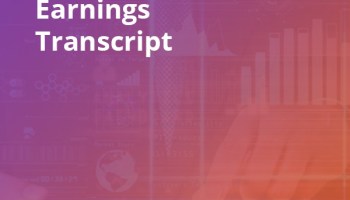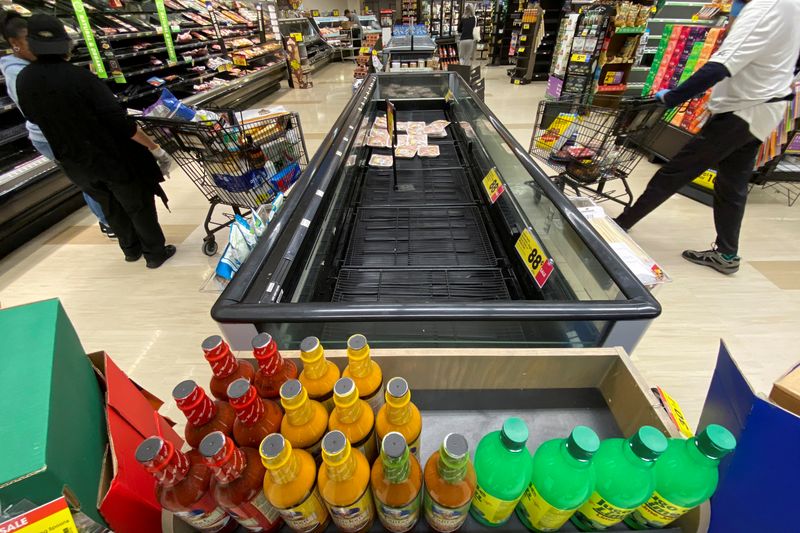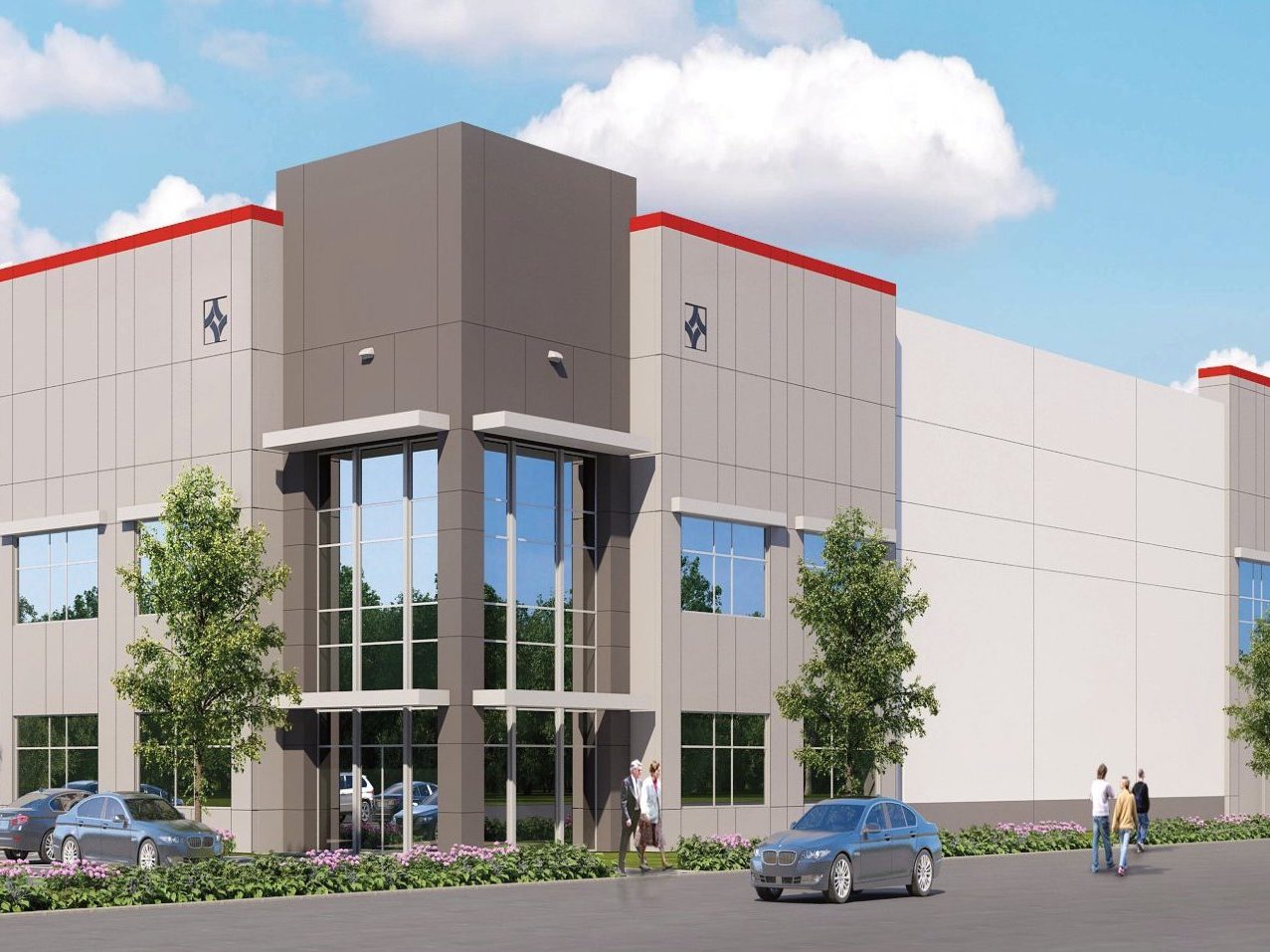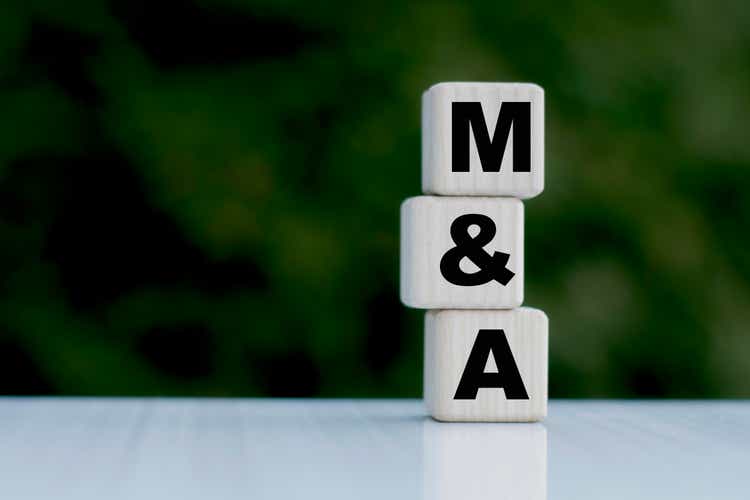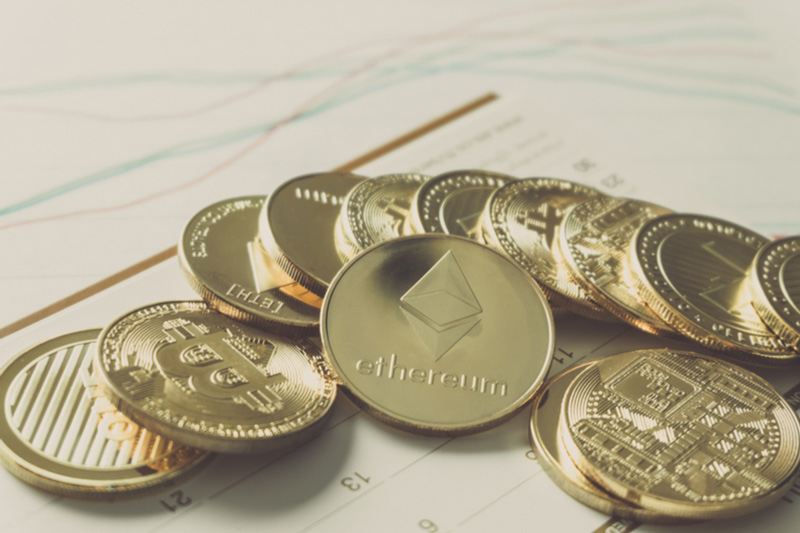Co-blogger Scott Sumner wrote yesterday that the positive correlation between economic freedom and civic virtue was not something he expected.
It is something I expected. And it has to do with how free markets lead to virtue.
In a chapter titled “Market Virtues and Community” in my 2001 book, The Joy of Freedom: An Economist’s Odyssey, I wrote, “Markets teach or encourage at least three virtues: tolerance, honesty, and compassion.” In that chapter I spell out how.
Here’s what I write about Oskar Schindler, in response to Walter Mondale’s dissing of Schindler:
In other words, to Schindler, each person is worth counting—each has value; 850 differs from 851 by one person, and that person’s life matters. This is a major transformation. Earlier in the movie, after rescuing Stern from certain murder, Schindler had said angrily, “What if I got here five minutes later? Then where would I be?” He had been upset about being without an accountant. Now he cared about all his workers.
This transformation made some movie critics call Schindler “complicated” (San Francisco Chronicle) and “puzzling” and “contradictory” (Atlanta Journal and Constitution). But Schindler’s growing humanity is about as hard to understand as warm weather in summer and should surprise only those people who think about Marxist cardboard characters—“workers” and “capitalists”—rather than real human beings. Schindler started to like the people he worked with. Commerce does that. Almost all of us care for the people we work with, whether they are our employees, our employers, or our fellow workers. Indeed, we think of fellow workers who don’t care about anyone else as being odd, troubled, unusual. Anyone who knows employers knows that the part of the job many of them hate most is firing somebody.
Schindler was a hero—his actions were heroic because he took a big risk. But what led to his heroic actions was his caring for his employees, something that is quite normal. Virtually all of us would be willing to take some risks to help those around us, and the bigger the threat to their well-being, death obviously being the biggest threat, the bigger the risk we’re willing to take. So the transformation in Schindler, though heroic, was entirely normal. The free market created an environment in which Schindler learned to value people; in a sense, markets taught Schindler morality.
In that chapter I also lay out why economic freedom supports accountability and compassion.
Another story that I don’t relate in the book. In the late 1990s, I played volleyball with a regular group that included some people who, as adults, had escaped from Czechoslovakia. One thing I noticed about 2 of the 3 adults was that they often called balls in when they were out or out when they were in and always when that benefited their team. The other players didn’t do this nearly as often and sometimes made wrong calls that hurt their team. As I talked about it to another economist who played with us, it made sense. They had come from a Communist society where lying was a way of life, and it almost had to be because the stakes were so high.









